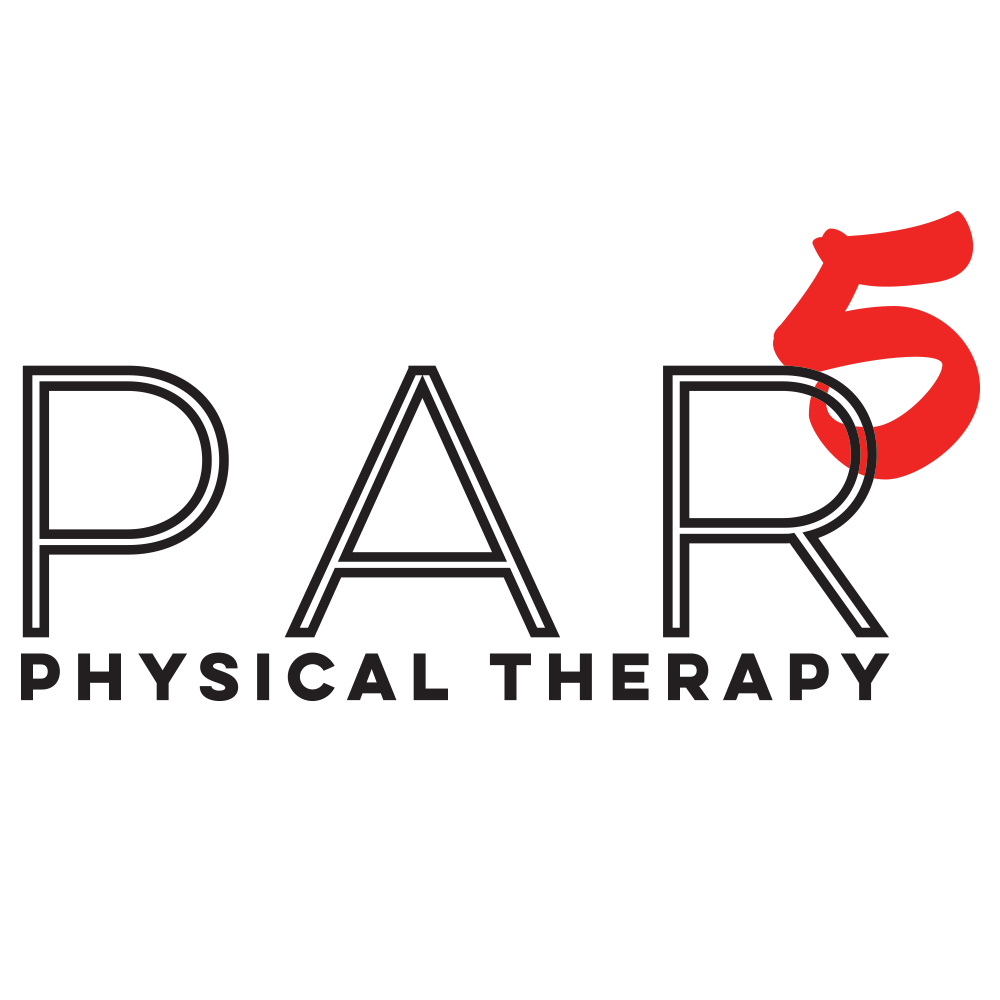Surgery to fix back pain permanently?
Should I have surgery to fix my problem?
Surgery has its place. But what if you didn't have to have surgery? I think that ultimately, having surgery is a discussion that you have between you and your surgeon, going over the pros and cons and expected outcomes. But what if I could suggest an alternative? What if you could fix your problem with a natural, long-term solution? Read on to find out.
If you have a hammer, everything looks like a nail.
Surgery should be your last resort, your final answer. Let's take back pain for example. It's a problem that many people have had issues with. After all, up to 80% of Americans have had a history of lower back pain. Usually, the process that people try and treat it is this:
1. Wait and see.
They wait a couple of days and see if it goes away. If it's happened in the past, they have a sense of a specific time frame that this will occur. The problem with this step is that they wait till it goes away, that's all after the fact that it happened. What if I told you that you can prevent it from ever happening again?
2. They Google the solution.
Dr. Google is a dangerous tool. It can give you answers that are completely wrong because of the missing component: a medical exam. Trying to solve a physical problem via an internet search is like driving around a foreign country not knowing how to read the street signs or the map and finding your destination.
3. Go see their physician.
Sometimes people will go to their primary care physician looking for relief, which usually includes some medication. Or they may get referred to a 'spine specialist'. The problem with this is that a physical movement screen is rarely done in the office of a physician. When was the last time that your primary care physician asked you to squat? And do you really want to take a medication that only masks the pain or that you can become addicted to?
4. Go see the spine specialist.
Here we start to get somewhat to the bottom of the problem... But usually, this step includes an x-ray or MRI and a review of the findings. 80-90% of people have an abnormal radiographic finding after the age of 40. But not all 80-90% of people have low back pain. And if you're seeing an orthopedic surgeon spine specialist... All these findings lead to surgery. If you have a hammer, everything looks like a nail.
At this stage, if you still have back pain and you're contemplating surgery, I have to interject and suggest that you have a physical exam by a physical therapist to find a long-term, natural solution to your back pain. Now that solution doesn't necessarily mean just lying down and doing exercises. It should include a thorough movement assessment and physical exam to get to the root cause of your problem. And if you say that your problem is due to your "disc" issue, then I repeat what I mentioned above:
80-90% of people over 40 have abnormal radiographic findings, yet not all of those people have low back pain.
What gives? Why is there so little correlation between what we see on an MRI and pain / functional deficits? One answer is that position and movement can affect your pain symptoms. X-rays and MRIs are taken usually lying down and in a static position. They don't give you the insight on how your back structure looks like when you're standing or bending. Furthermore, pain is a complex symptom that can be influenced by a number of non-orthopedic factors such as: fatigue level, stress, previous experiences with pain, beliefs, posture, and environment, to name a few.
So what's the answer to the question of whether or not you should have back surgery?
Answer these questions first:
Are you currently exercising?
Are you overweight?
Does the pain wake you up every night?
Is the pain constant? (And I mean, "EVERY SINGLE SECOND OF THE DAY constant")
Does the pain radiate down your legs?
Are you losing control of your bowel and bladder functions?
What position do you sleep in?
What makes the pain worse?
What makes it better?
These are some questions that I ask my clients when they come to see me. It gives me some insight into what the problem is and how to treat it. Oftentimes, we can make changes without pain medication or surgery or injections. Certainly, there are instances where surgery is an option. But it should always be your last.
Have hope. We can find a solution to your back pain problem. I've dealt with it myself and I've treated thousands of clients just like you that have back pain. If you have questions or want to speak to me, feel free to contact PAR5 PT for more information.

